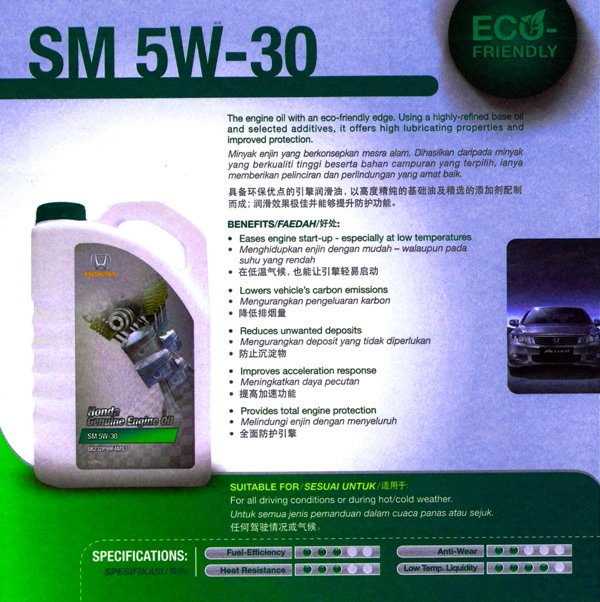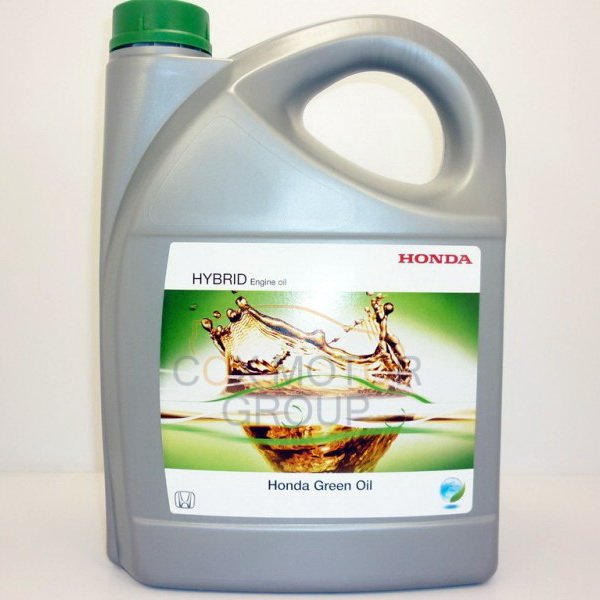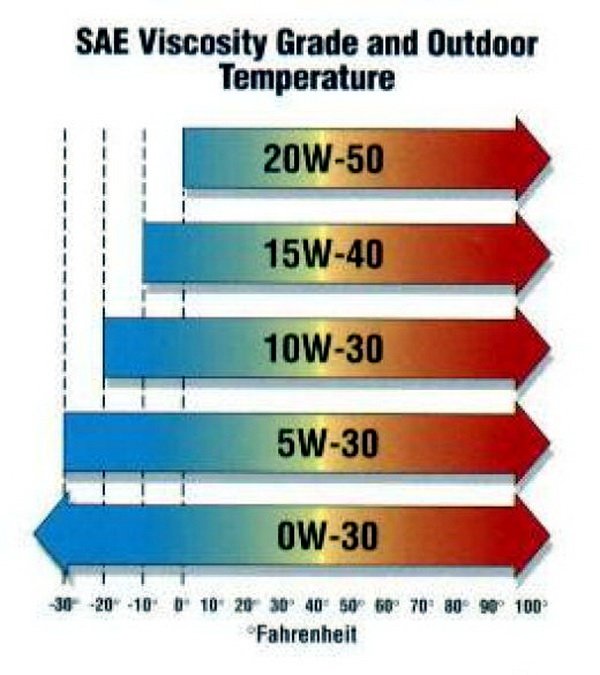.
PART XLVI
ANHC - WHY THE RIGHT ENGINE OIL MATTERS?
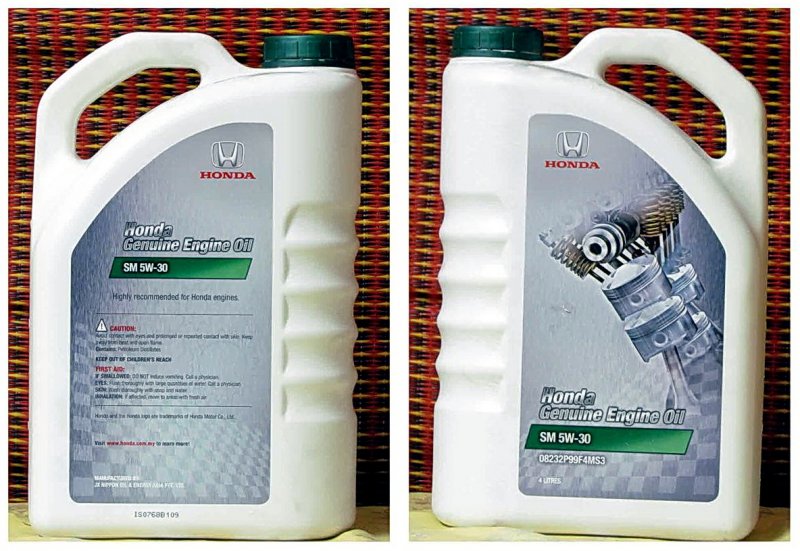
ABOUT HONDA - ANHC ENGINE OIL:
HONDA recommends, 3.4Litre (3.6L when including new oil filter). And a grade of
Minimum 0W30, 0W40, 5W30, 5W40, 10W30, 10W40 to max 15W40 GENUINE HONDA MOTOR OIL or API service SM or higher grade fuel efficient oil. Note, Honda prohibits adding any aftermarket additives!
Category SM oils ( introduced in 2004 by American Petroleum Institution) are designed to provide improved oxidation resistance, improved deposit protection, better wear protection, and better low-temperature performance over the life of the oil.
Category SN, introduced in 2010 is the higher grade today.
HONDA synthetic oil as it says costs Rs.775/ liter ( INDIA), whether it is a fully or semi, we have to find out, as cost of fully synthetic is really much more.
Moreover, Honda nowhere says that the replacement schedule for synthetic oil is 1 year as against 6 months for mineral. The ASS guy says that the interval is just like mineral.
HONDA uses only semi & fully synthetic oils in American & European countries.
The fully synthetics class leader Mobil 1 is the best, provided if we get them genuine from somewhere.
But, stick to the Honda oil as it’s not that bad....PLUS....if we use any other oil, the engine warranty is void.
My running is less, I stick to mineral. I feel, in long term use cleaner newer mineral is better than used synthetic.
Of course, I am guilty, I too spoil the earth!
I am really sorry.
![Cry [cry] [cry]](https://www.theautomotiveindia.com/forums/images/smilies/Cry.gif)
SCIENCE OF ENGINE OILS:
(This is gathered from various online sources, in particular, referred from zigwheels.com)
MINERAL - SEMI - FULLY SYNTHETIC & HIGH-MILEAGE OILS
Almost every engine oil manufacturer has introduced their brand of synthetic engine oils in the market, claiming better performance, mileage and longer engine oil change intervals. Does it make sense to go in for these expensive oils when a car manufacturer does not recommend it for their car?
Why have the oil change periods extended so drastically recently? Should we thank the construction of the engines or the better quality oils being used? OR is it just a warning that the whole issue is a very good marketing tool, since long service intervals could be a catch phrase in any advertisement, as they mean a lower maintenance cost for the owners!
In European market it is more significant as manufactures like BMV and VW claim that some of their modern diesel engines only need oil changes after a period of 30k /48k Kms respectively!
![Roll Eyes [roll] [roll]](https://www.theautomotiveindia.com/forums/images/smilies/Roll.gif)
The truth is changing oil after a long duration definitely saves resource and the environment; but cost wise, it is much more expensive.
MINERAL ENGINE OIL
Mineral engine oils can face the stresses of daily driving easily, keeping the engine running smoothly and efficiently.
These are a by-product of the crude oil refining process. Broadly speaking, the thicker by-products from refining process become asphalt-type materials used as tar for various purposes. The fine, carbon-rich volatile substances are further refined to make fuels like petrol and diesel. The rest of the crude oil is often contaminated with sulphur and other contaminants; this is used as the base for making engine oil.
Pros:
*Lubricate moving parts in an engine and, according to the level of refinement, can perform well in varied conditions
*Are cheaper compared to semi-synthetic or synthetic oils
Cons:
*The markedly simple way that they are produced compared to synthetic blends of oil makes them unstable and prone to loss of viscosity under extreme conditions.
*They contain some contaminants which form sludge. This can be dangerous in the long run if the oil change intervals are not followed.
*Exploitation of natural resource or reserve.
SYNTHETIC ENGINE OILS
Synthetic engine oils are made in laboratories, but are based on conventional mineral oils. Extensive refining and the presence of chemicals which alter the viscosity and other characteristics of the oil make them better suited for high performance engines.
Synthetic engine oils are beneficial in high load situations, say for example when we take our car off-roading or drive it high speeds for a long duration. It is not recommended that we use these oils if our car is not being driven in extreme temperature changing conditions, is not driven in high-altitude locations and is not equipped with a high-performance engine.
Pros:
*Synthetic oils can handle changes in temperature and engine load much better than mineral oils
*The added chemicals which reduce sludge formation
*Synthetic oils have better low temperature viscosity and flows more easily in between moving parts in an engine. This means that it is less resistant, and can lead to enhancements in fuel efficiency and engine performance.
*As the oil is resistant to sludge formation for longer period, the oil change interval is longer.
Cons:
*Their technology intensive production method renders them costlier.
*They are not recommended on high-mileage engines, as their chemical composition has been known to affect the rubber seals and cause oil leaks.
*Their effectiveness on low performance engines is not significant
SEMI SYNTHETIC ENGINE OILS
Pros
*Semi synthetic oils are cheaper than fully synthetic as they are a mixture of synthetic and mineral oil. Engines requiring semi synthetic oil must use at least semi synthetic oil (not mineral oil) but may benefit from upgrading to fully synthetic oil for increased protection and performance.
*Synthetic blends offer protection for somewhat heavier loads and higher temperatures. They don’t evaporate as readily as conventional oils. They are a good choice for drivers who put heavy loads on the engine such as towing or off-roading. Semi-synthetics offer many of the same benefits of full synthetics, but at a less cost.
Cons
*A semi synthetic oil is a blend of conventional motor oil and synthetic oil. It carries some benefits of a full synthetic oil, however is not as resilient as a full synthetic, as it can still break down due to the conventional oil. Vehicles that can benefit from a semi synthetic oil over a conventional oil would be older makes/models.
HIGH-MILEAGE OIL - this is typically an oil with various chemical additives made for keeping an engine clean. Not 100% sure on the chemical makeup but, some high mileage oils have a detergent type compound in them intended to keep internally aged parts cleaned.
Synthetic is a good lubricant but overtime your piston rings will wear naturally and will let organic and non-organic material into your engine & synthetic cannot distill a large amount of those materials.
Semi-Synthetic can distill more than synthetic and can also lubricate well.
Conventional is then the final alternative because it is a good lubricant and can distill very well , good for vehicles that are used and we don’t know the history of oil brands used.
VISCOSITY STANDARDS (AMERICAN PETROLEUM INSTITUTION)
For example; 5W-30. W stands for winter / cold temperature, the viscosity is 5 at cool temperatures, the smaller the number the thinner the oil or lighter the viscosity. The 30 is the operating temperature viscosity.
So compare 5W-30 and 10W-30, in colder weather, 5W-30 is better because it is thinner at cooler temperature so it’s not a heavy load on your engine and gets circulating quicker, at operating temperature is it the same as 10W-30.
AFTER MARKET ENGINE OIL ADDITIVES
Two other common types of engine oil additive are - rust inhibitors and detergents/dispersants. The latter help disperse sludge that can build up in the engine over time. Zinc is also added to many motor oils to protect engine surfaces. Most of these "additives" will already be in the oil as it comes from the manufacturer, so they don't technically have to be added, at least not by the car owner.
Pros:
* Engine oil additives are compatible with both mineral and synthetic engine oils
*Prevent gaps in oil circulation (also called an ‘oil film break’)
* Reduce friction of engine components
* Improve performance
* Reduce foaming around the crankshaft
* Prevent buildup of sludge
* Extend the life of engine components
* Extend the life of the engine oil
Cons
* Added expense over engine oil
* Too much concentration of anti-foaming agents can have the opposite effect and promote foaming
* Antagonistic effect -Some detergent additives can work against other additives that reduce friction
* Sulphur additives can reduce fuel efficiency sometimes and damage catalytic converters.
* Prohibited by some car manufactures like HONDA.
.


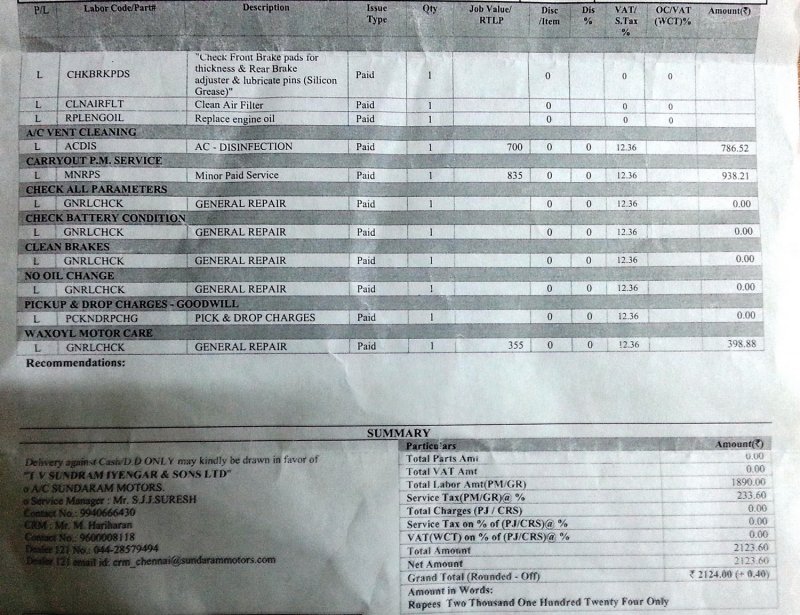


![Confused [confused] [confused]](https://www.theautomotiveindia.com/forums/images/smilies/Confused.gif)



![Surprise [surprise] [surprise]](https://www.theautomotiveindia.com/forums/images/smilies/Surprise.gif)

![Roll Eyes [roll] [roll]](https://www.theautomotiveindia.com/forums/images/smilies/Roll.gif)
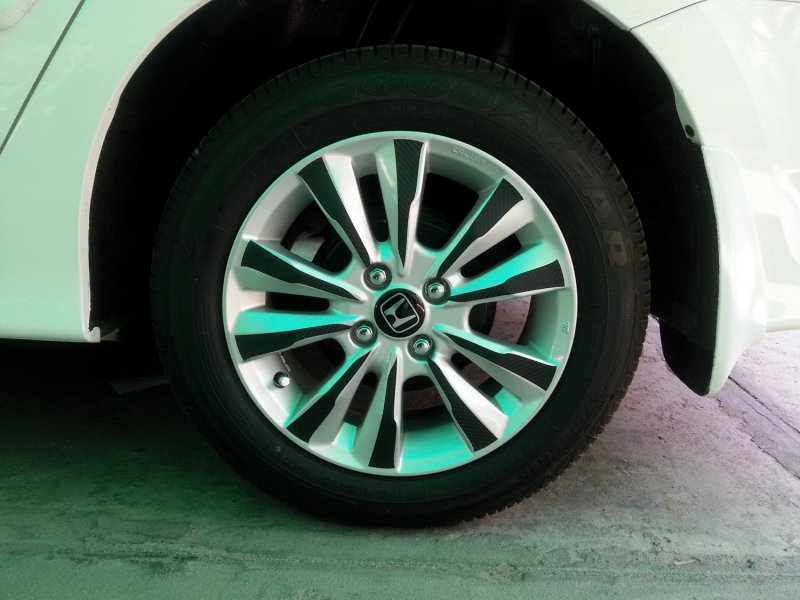
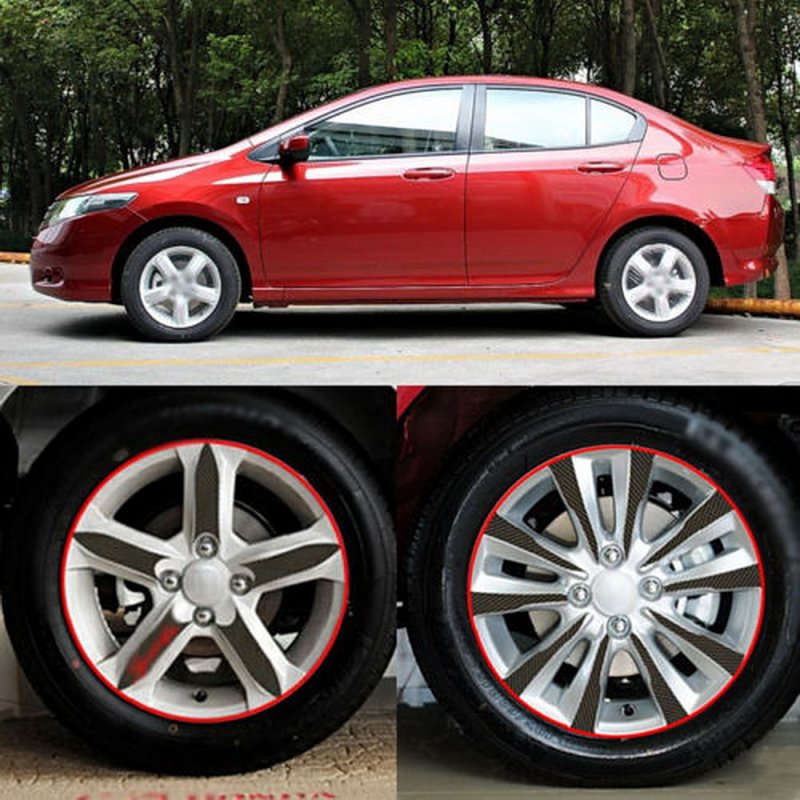
![Big Smile [:D] [:D]](https://www.theautomotiveindia.com/forums/images/smilies/Big%20Smile.gif)
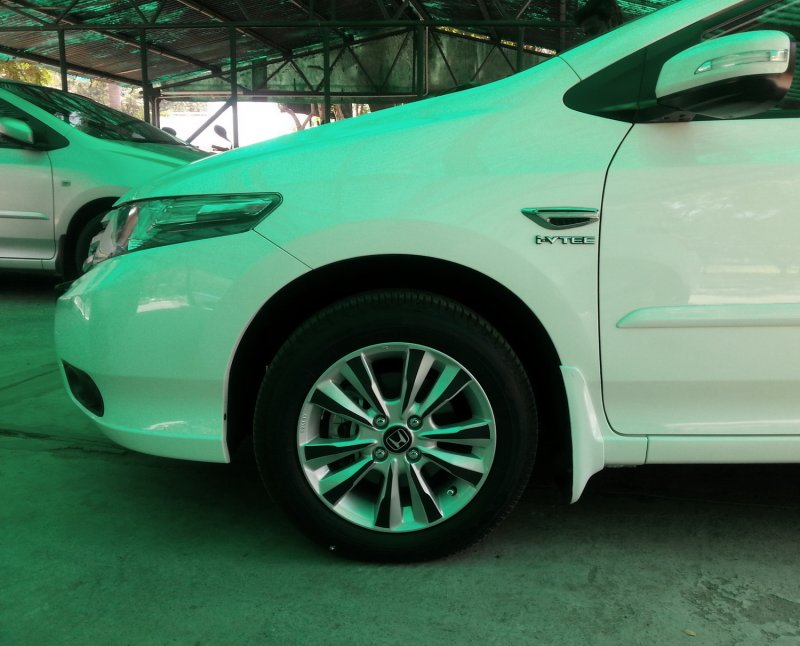
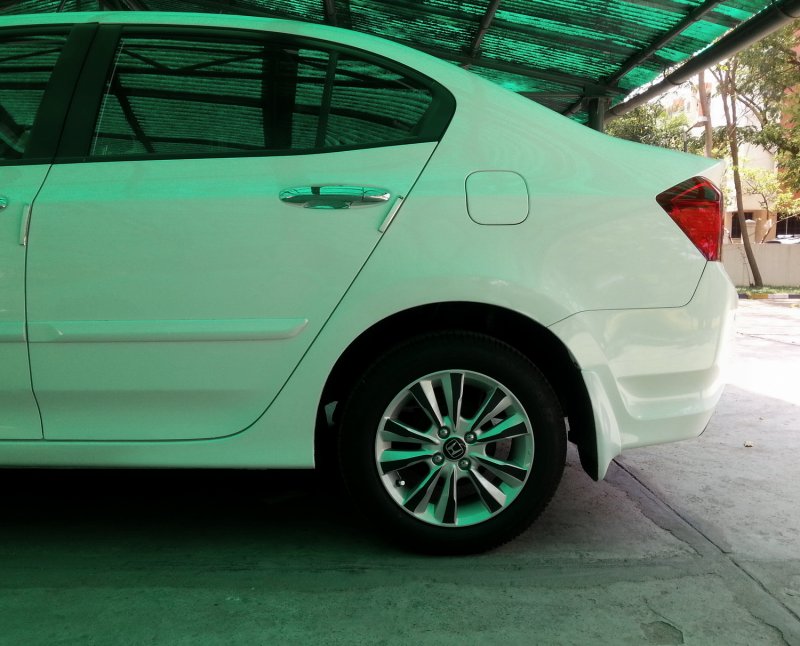

![Smile [:)] [:)]](https://www.theautomotiveindia.com/forums/images/smilies/Smile.gif)
![Clap [clap] [clap]](https://www.theautomotiveindia.com/forums/images/smilies/Clap.gif) . Its great inspiration to others to maintain such a useful thread, I too interested to share my experience as soon as receive my beauty.
. Its great inspiration to others to maintain such a useful thread, I too interested to share my experience as soon as receive my beauty.


![Laugh [lol] [lol]](https://www.theautomotiveindia.com/forums/images/smilies/Laugh.gif) she said it came from china and i was surprised :P and took the package from her and opened it instantly.
she said it came from china and i was surprised :P and took the package from her and opened it instantly.
![Cry [cry] [cry]](https://www.theautomotiveindia.com/forums/images/smilies/Cry.gif)
